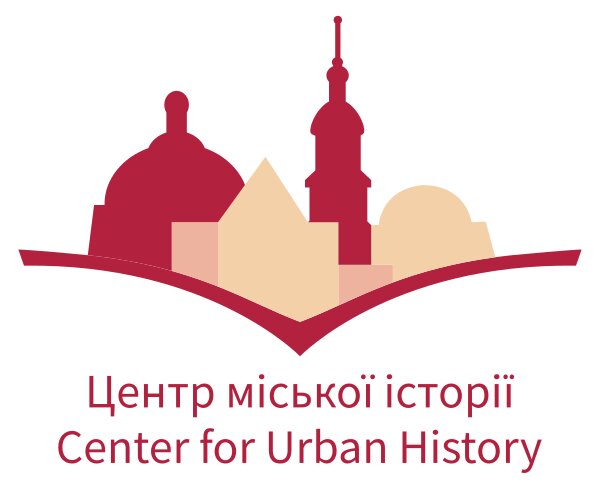Documenting Disasters: Making Archives and Producing History Through Community Engagement
13.10.2022, 12:00
online / zoom
We invite you to the first seminar, "Documenting Disasters: Archiving and Creating History with Community Involvement." With this meeting, we are starting a series of Digital History Seminars, "Documenting Disasters: Archiving Born-Digital Historical Evidences in Crisis."
Patricia J. Rettig, academician and archivist, claims that significant catastrophes confront us as ordinary citizens, municipal or government institutions, and so as archivists. Most important natural and human-made tragedies are part of modern history and deserve to be documented in archives.
They are unexpected and unforeseen, unruly, confusing, and complicated. They cross political jurisdictions, geographical boundaries, and academic disciplines since no one owns a disaster and there is no central documentation source.
Our seminar will deal with a project CEISMIC, an archive built to preserve the knowledge, memories, and experiences surrounding the 2010 and 2011 Canterbury earthquakes. The archive brings together images, video, audio, and documents from various organizations and individuals and makes them publicly available. As CEISMIC project admits: "Our aim is to tell the stories of the Canterbury earthquakes — not just the shaking, but also the struggles, the chaos and the creativity that followed."
We will try to answer complex questions, such as what are we recording when it comes to disasters? What does it mean to document disasters since the context always makes documenting them exceptional? A thorough understanding of disasters can help archivists assemble and acquire collections that will be widely useful to scholars, survivors, and others.
In the seminar will participate:
- Professor James Smithies, Department of Digital Humanities, King's College London
- Professor Paul Millar, School of Humanities and Creative Arts, Faculty of Arts, University of Canterbury, New Zealand
The discutants of the seminar:
- Miglė Bareikytė, Ph.D., Media Studies, University of Siegen (Germany).
- Yarden Skop, Ph.D. researcher, CRC "Media of Cooperation," University of Siegen (Germany)
The meeting will be facilitated by Bohdan Shumylovych, Taras Nazaruk
To participate in the seminar via zoom, please register.
Digital History Seminars
Explore methodological, ethical, and theoretical aspects of generating, collecting, and analyzing digital or digitalized sources as testimony on the past and the worlds in which people used to live or are still living. The idea of the seminars is built around the notion that digital technologies and digital methods in historical studies are the broader domain than of programming scholars and technicians. Within this discussion platform, we aim at addressing the issue of how it applies to the historical community in its entirety.
Digital History Seminars are supported by the Center for Governance and Culture at the University of St. Gallen (Switzerland).
Credits
Cover Image: CEISMIC Archive

